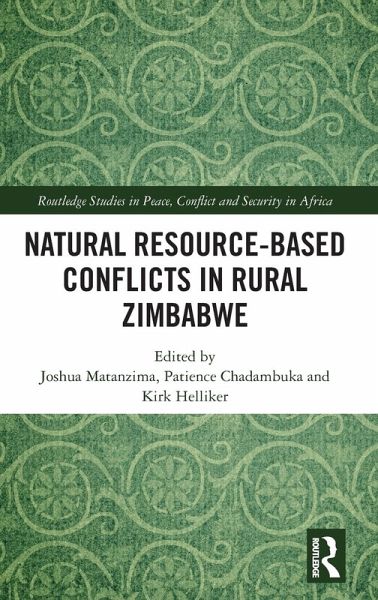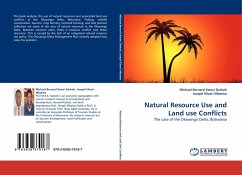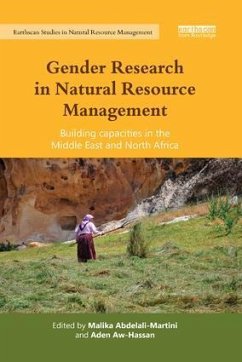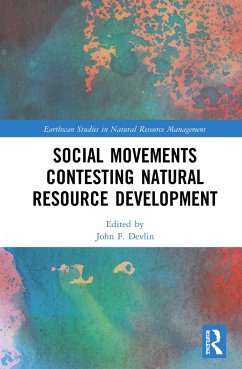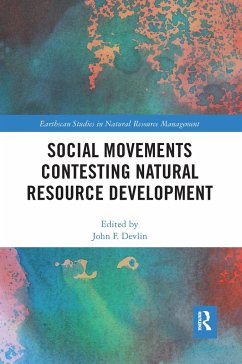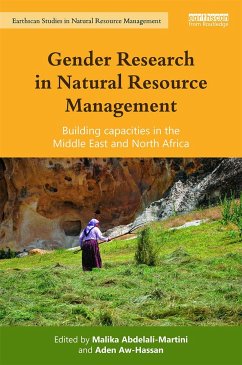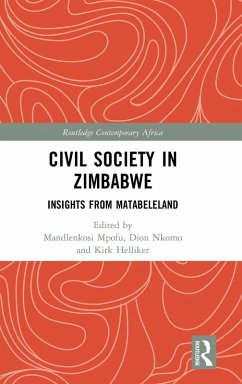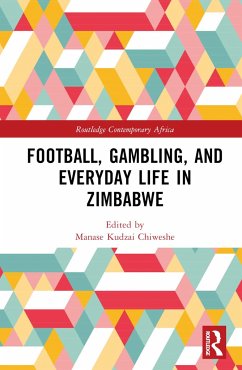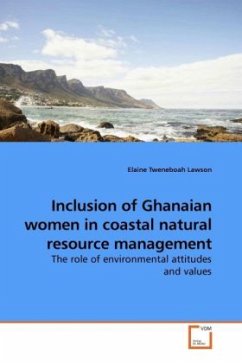Joshua Matanzima is a researcher at the Centre for Social Responsibility in Mining (Sustainable Minerals Institute), University of Queensland in Brisbane, Australia. He holds a PhD in anthropology from La Trobe University, Australia. His research interests include natural resources conflicts between indigenous people, governments, and extractive companies; social aspects of mining and energy transitions; and social, environmental, and governance risks and impacts of large-scale infrastructure development and conservation projects. He has carried out extensive fieldwork on these topics in the Middle-Zambezi Valley. Patience Chadambuka is a researcher, lecturer and acting chairperson at the Department of Community Studies, Faculty of Social Sciences, Midlands State University, Zimbabwe. She holds a PhD in sociology from Rhodes University, South Africa. She researches and writes on land, livelihoods, ethnicity and gender. She has also been awarded international research grants on climate change and disability studies. Kirk Helliker is Emeritus Research Professor at the Department of Sociology, Rhodes University, South Africa, where he heads the Unit of Zimbabwean Studies, which he founded. The Unit was formed in 2015 and seeks to contribute to the development of emerging, early-career, and mid-career Zimbabwean (and other) scholars. He publishes widely on Zimbabwean history, politics, and society and has supervised a significant number of PhD and MA students.
